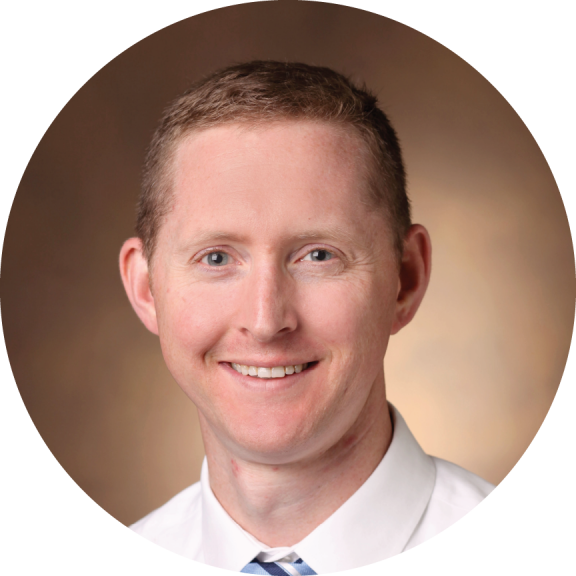Allen Newton, PhD, Associate Professor of Radiology and Radiological Sciences and Pediatrics, has received a two-year R21 grant, totaling $498,240, from the National Institute of Dental & Craniofacial Research for his project, “Human Craniosynostosis Atlas (HuCA): Standardizing & Establishing a Public Repository for Genomic and Imaging Data."
Dr. Newton will be working with his co-principal investigator, Michael Golinko, MD, FACS, FAAP, Associate Professor of Plastic Surgery, Otolaryngology - Head & Neck Surgery, and Neurosurgery, in his research.
As Dr. Newton explains, Craniosynostosis is a premature fusion of the cranial sutures. When left untreated, this fusion can result in significant skeletal, respiratory, ocular and neurocognitive abnormalities for children.
“There is a wide genotypic and phenotypic presentation,” Dr. Newton says. “To date, there is insufficient characterization of the disease in children and its effects on the brain. It is difficult for individual sites to recruit enough patients to fully characterize this diverse and challenging disease.”
He continues: “The Human Craniosynostosis Atlas (HuCA) seeks to remedy the gap in knowledge by creating community resource with standards for data acquisition, allowing for a diverse array of sites to gather CT, multi-contrast MRI, and genomic data in individual patients, where can be analyzed in concert.”
Dr. Newton and his team seek to improve the characterization and understanding of all types of the disease through systematic neuroimaging and genotyping shared with the scientific community through the NIH-NIDCR biorepository, FaceBase 3.
“This award places Vanderbilt in a position to lead the broader community on deciding how to use imaging to characterize craniosynostosis and creates a platform from which we can collaborate with clinical colleagues globally,” Dr. Newton explains. “With time, we can begin to better inform parents about the potential impact that treatment can make on the growth and development of their children’s brains. This award builds the foundation to ask: Who needs surgery? And what will surgery do for the patient?”
